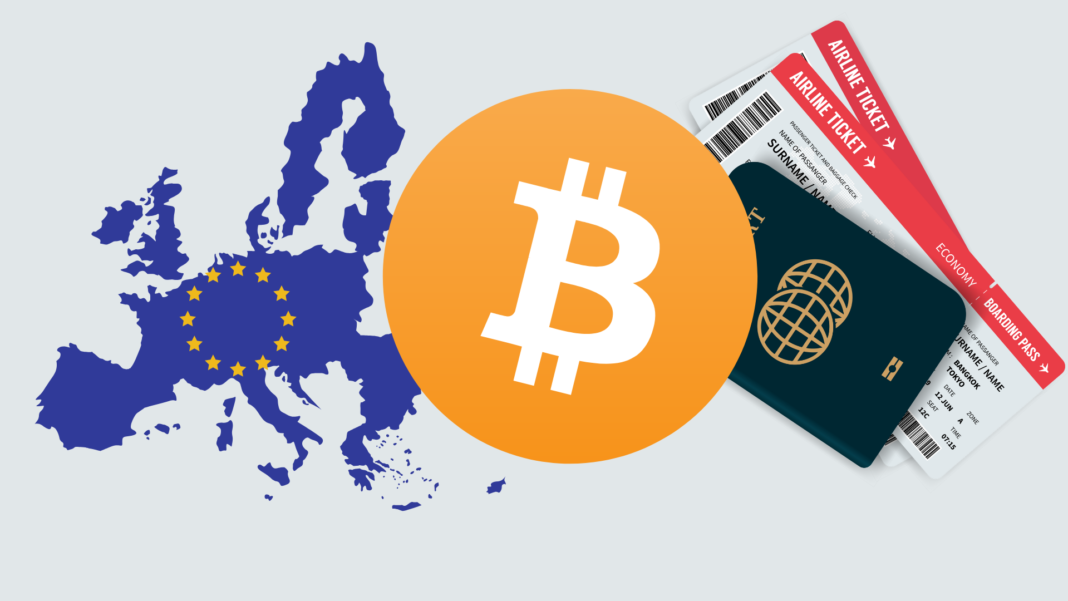The European Union is implementing new travel laws from the beginning of 2025, which will also affect cryptocurrency service providers.
According to the official announcement, beginning in 2025, the European Union (EU) will implement major changes to its travel regulations that will impact the use of bank cards, cryptocurrency, and cryptocurrency exchanges.
To adhere to EU financial regulations, some cards and crypto service providers can be subject to limitations or need extra verification procedures.
The new rules come at a time when crypto adoption in EU and globally has seen a rise, making it evident that many will be using crypto transactions while travelling the EU nations.
What Will The New Rules Include?
The Travel Rule, which was first created by the Financial Action Task Force (FATF) as Recommendation 16, aims to stop money laundering and terrorist financing by applying money transfer regulations to the cryptocurrency industry.
The TFR improves openness and accountability in all transfers by requiring crypto asset service providers (CASPs) to exchange particular client data for every crypto transaction.
In Europe, crypto asset service providers (CASPs) will have to include sender and recipient information with crypto asset transfers. This information must be acquired, stored, and distributed to the virtual asset transfer counterparty. It must also be accessible to the appropriate authorities upon request.
Read Also: Tether Invests In European Stablecoin Provider StablR To Drive Regional Adoption
Why Are The New Rules Being Implemented?
Transfers involving payment service providers, CASPs, and intermediate service providers (such as brokers and custodians) who conduct business inside the EU are subject to the Travel Rule.
The Travel Rule is an important step in bringing cryptocurrency into line with traditional EU bank laws. To meet the TFR’s criteria, CASPs operating in the EU will need to have systems in place starting in December 2024 for safely gathering, confirming, and exchanging client data.
Although issues like interoperability and data management are expected, these steps are meant to promote a more secure and open crypto environment.
Read Also: French Luxury Store Printemps Becomes First Major European Retailer to Accept Cryptocurrencies
EU Sees Rise in Crypto Adoption
The European cryptocurrency market underwent significant change in 2024, as seen by the multi-year peak in November of trade volumes denominated in euros.
In order to accommodate the increasing demand, exchanges serving the region took advantage of this increase and listed a record number of trading pairs denominated in euros.
With the coming year, travelers looking to explore the EU nations will likely use crypto for payments which makes it easier for transactions to take place and also helps skip long lines for money exchanges.
Read Also: Crypto Data Provider Kaiko Acquires Vinter in Bid to Dominate European Crypto Market


